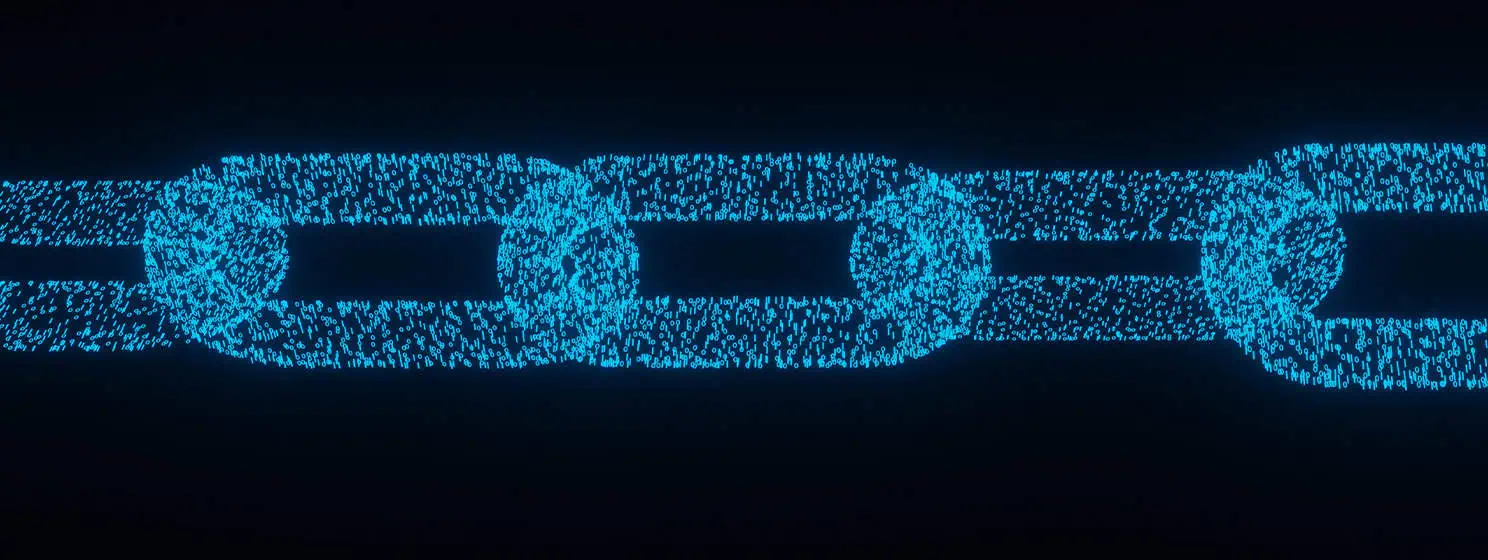|
Getting your Trinity Audio player ready...
|
India has rolled out a new national blockchain network to enable local developers to build applications that foster “security, trust and transparency.”
The Ministry of Electronics and Information Technology (MeitY) recently launched Vishvasya, a new Blockchain as a Service (BaaS) stack that will underpin permissioned applications.
Alongside Vishvasya, MeitY also launched NBFLite, a lightweight blockchain platform targeting academia and startups, allowing them to easily deploy prototype applications in a decentralized network without the onerous demands of full blockchain deployment.
It also launched Praamaanik, which it describes as “an innovative blockchain-enabled solution for verifying mobile app origin.”
The three are all part of the ministry’s National Blockchain Framework, whose vision is the creation of trusted digital platforms. The framework will promote blockchain research and development, which the ministry believes will ultimately result in “state of the art, transparent, secure and trusted digital service delivery to citizens.”
While launching the framework, MeitY secretary Shri S Krishnan called on Indians to leverage the new resources to position the country as a trailblazer in the blockchain industry. He added that blockchain can drive economic growth for the world’s fastest-growing major economy while fostering digital empowerment and social development.
India is a global leader in blockchain and digital asset adoption. With the latter, it ranked first in the annual adoption index by Chainalysis for 2023, jumping up from fourth the year prior.
The local blockchain sector has welcomed the developments. Sumit Gupta, the CEO and founder of CoinDCX, described it as “a great step forward in building another layer of Digital Public Infrastructure (DPI) through the blockchain.”
“We’ll soon see multiple companies in an industry come together to use federated blockchains, as against public blockchains that are expensive to use due to their fees,” commented Pareen Lathia, the founder of ValuesDAO.
Lathia believes that the government narrowing down on the sectors it believes will be the easiest to impact early on is a positive sign. With time, “the maturity and understanding of blockchain will improve,” he added.
Dilip Chenoy, who chairs the Bharat Web3 Association, says the biggest impact will be in governance. While the national government would be the first to try out blockchain integration, he believes that, in time, states will leverage the technology for use cases such as certificate verification.
Watch: Exploring use cases for blockchain in India

 08-05-2025
08-05-2025 





